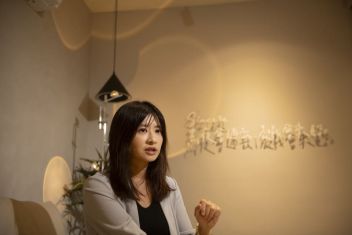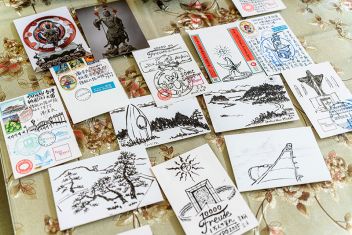According to a report released by the National Central Library in April 2021, the number of new books published in Taiwan has fallen for the third year running and is now at its lowest in 20 years. The printed word no longer seems to be in demand. Where have all the readers gone?





















